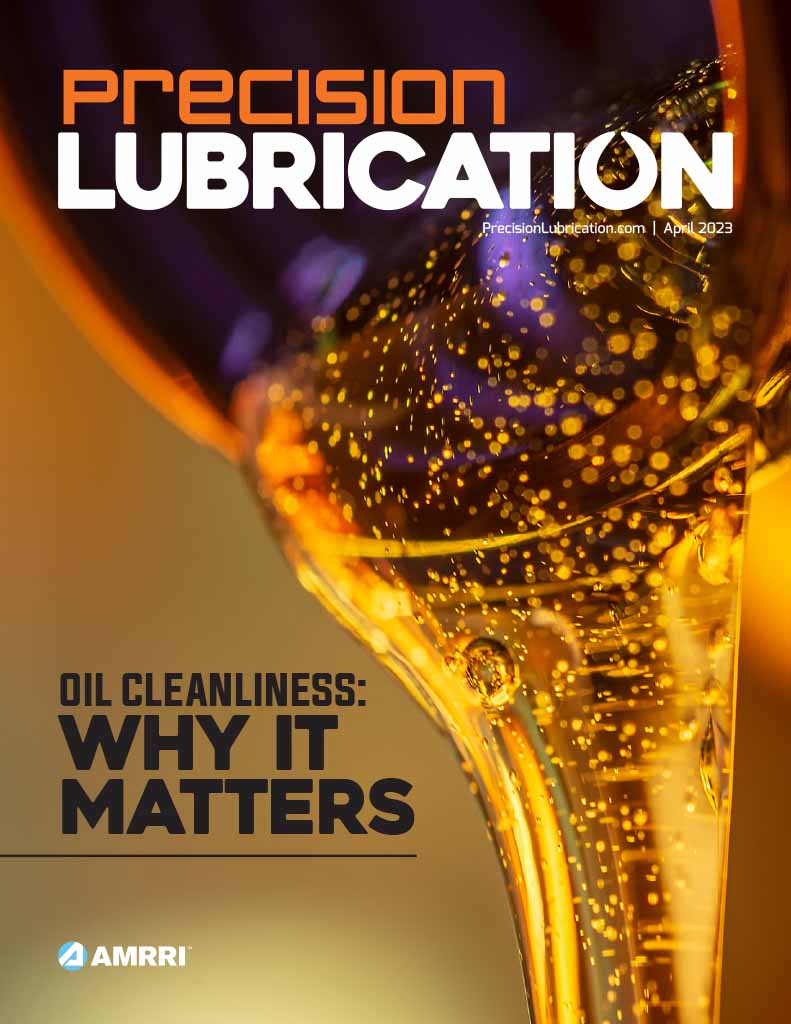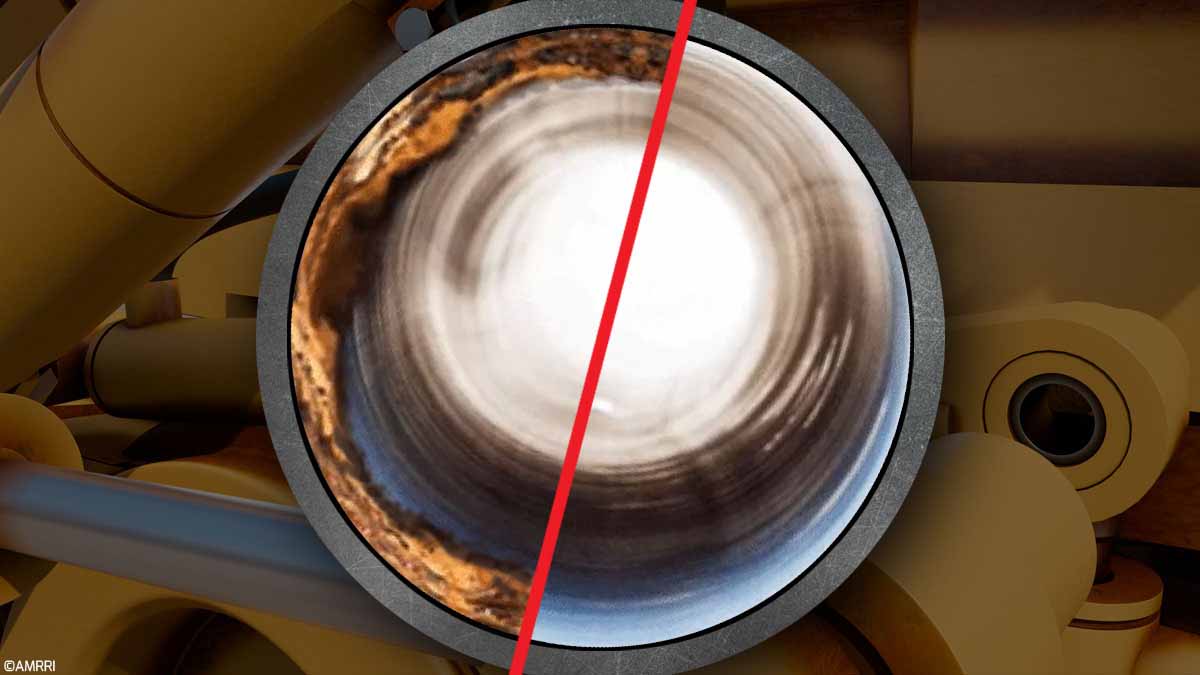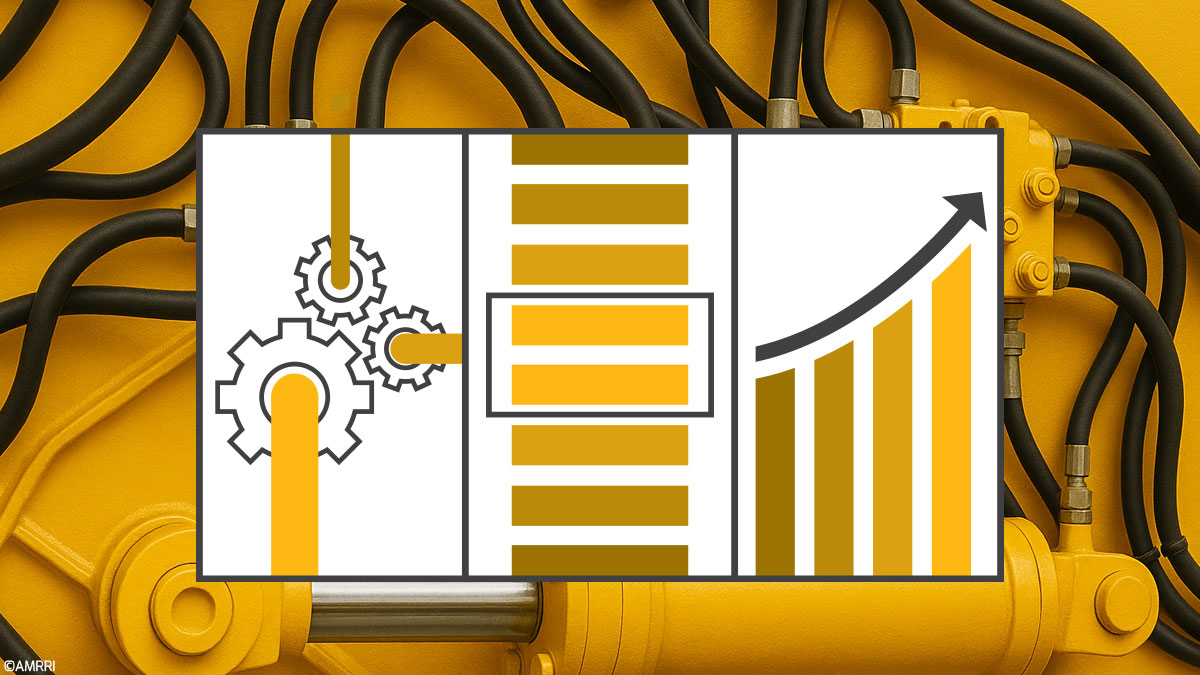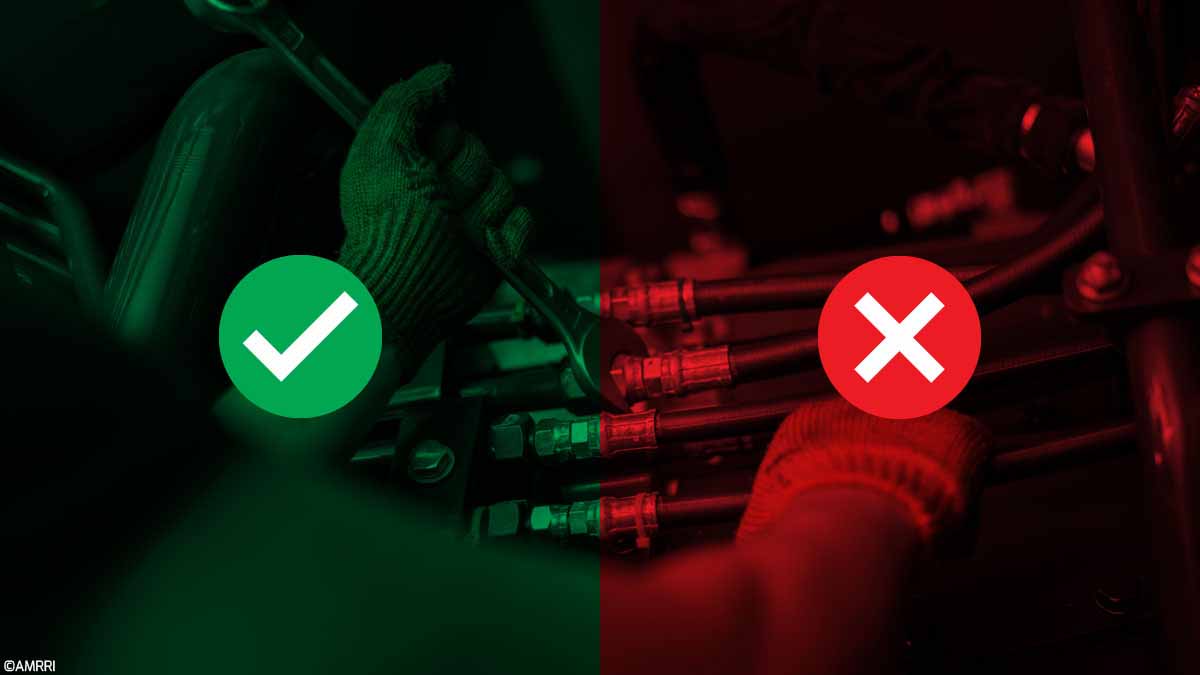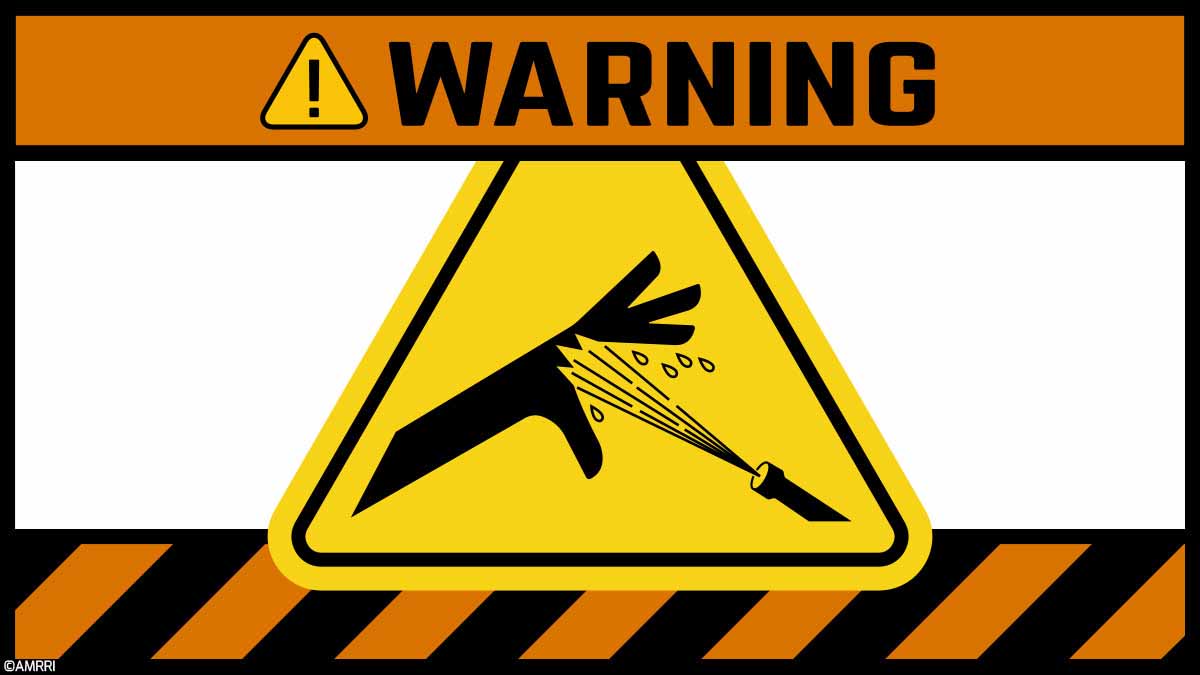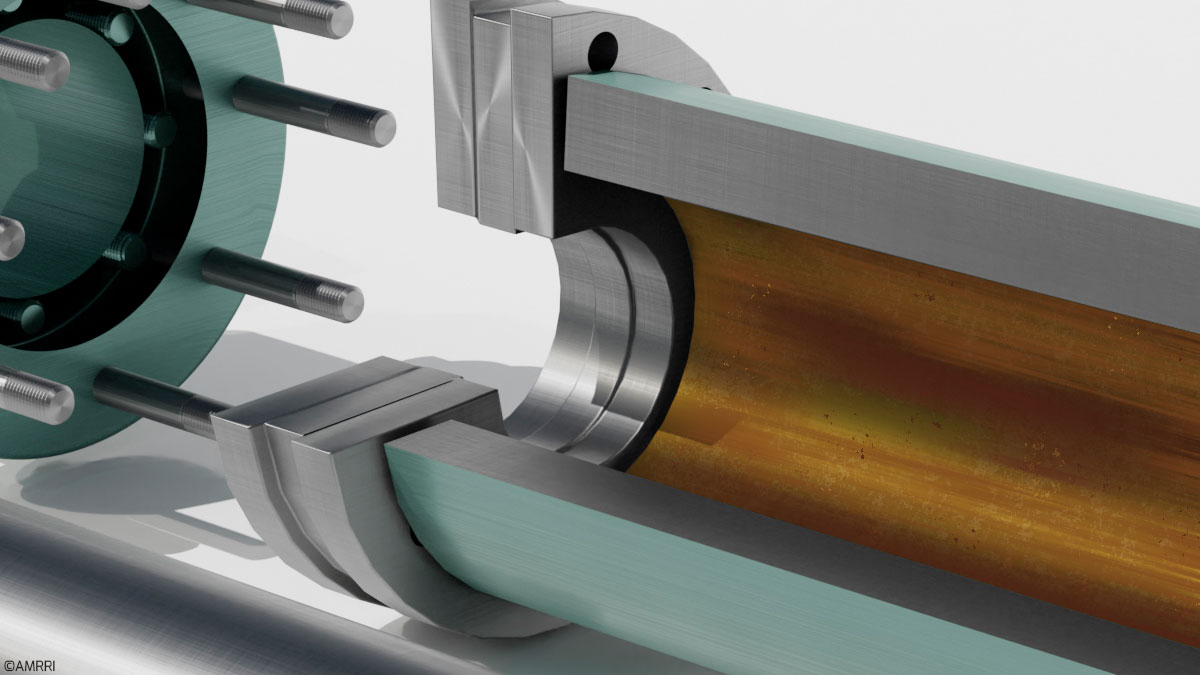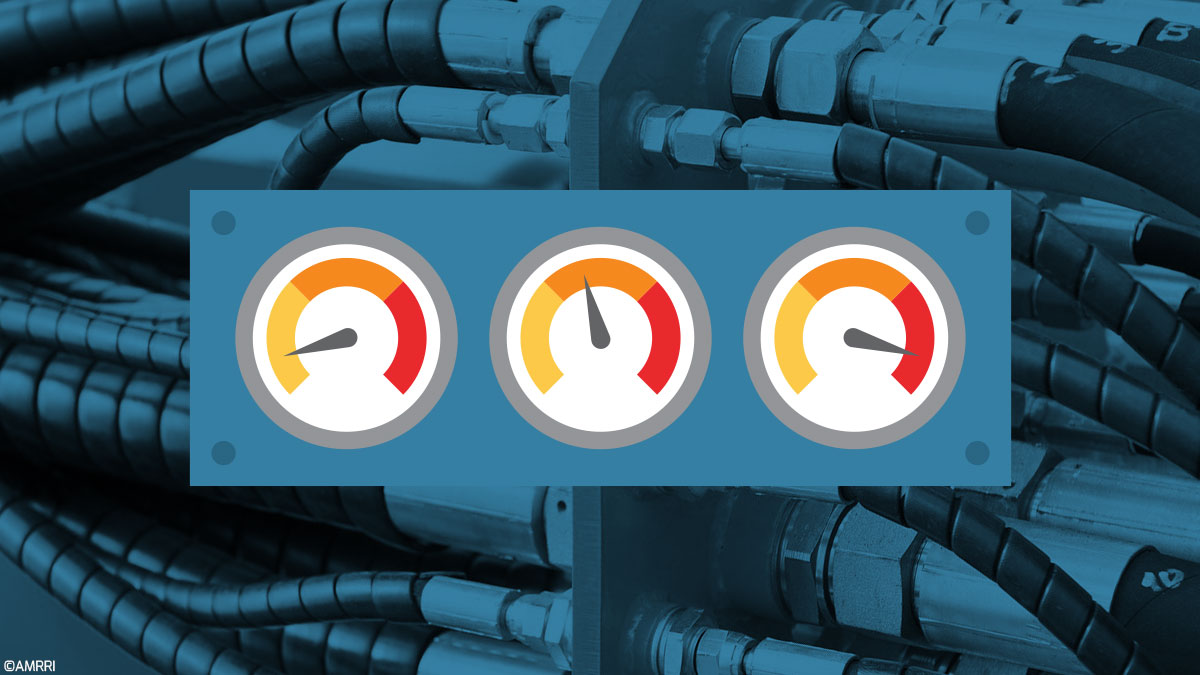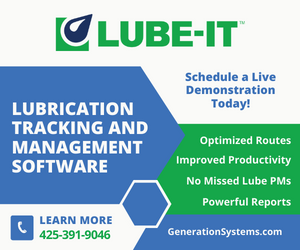Hydraulic presses in Oriented Strand Board (OSB) mills are central and indispensable to OSB production. They exert an immense, uniform force required to compress wood strands and resin into durable panels, operating under exacting temperature and pressure conditions....
Hydraulics
Hydraulic Oil Basics: Functions, Types, and Performance Factors
Hydraulic systems are used to transmit force from one point to another via a fluid. This fluid is usually hydraulic oil, and the concept is based on Pascal’s law. Hydraulics are present in nearly all industries and play a critical role in enhancing operational...
Reviving Degraded Hydraulic Fluids: Best Practices for Reclamation
Industries that rely on hydraulic systems are often some of the heaviest consumers of lubricants, primarily due to their tendency to leak. While best practice would suggest that they identify and fix the leaks, many companies are either unable or unwilling to address...
The Dangers of High-Pressure Fluid Injection and How to Stay Safe
For professionals who work with machinery, it is vital to grasp the potential risks of fluid injection injuries. Although these incidents are rare, they are a significant concern, especially for personnel who are engaged in performing lubrication tasks. Let's simplify...
Improve The Reliability of Hydraulic Systems for Just Pennies A Day
Despite their complexity, hydraulic systems are forgiving in nature. In most cases, they can perform well for a long time before any significant or catastrophic failure occurs. Unfortunately, this "creep to failure" quality can promote apathy in production and...
Hydraulic Oil Questions Answered: Practical Knowledge for Industry Applications
Many questions surround hydraulic oil selection, from viscosity grades to base oil types to additives. This article answers pressing questions like: How do temperatures influence oil choice? Should you use zinc-based or non-zinc fluids? Should engine oils be used in...
How Varnish Is Destroying Your Hydraulic System (And How to Stop It)
It is common to hear about deposits or varnish in turbine oils, but can other oils also suffer from varnish? The short answer is yes. Once an oil (regardless of its application or type) has been exposed to thermally stressful conditions, contaminants, and severe...
The Role of Temperature Control in Hydraulic Oil Reliability
The old battle cry in the hydraulics world is "flow makes it go." However, pressure determines the ability of actuators to move heavy loads. Therefore, flow and pressure together define the total power of the hydraulic system. Hydraulic Oil Viscosity Hydraulic oil...

